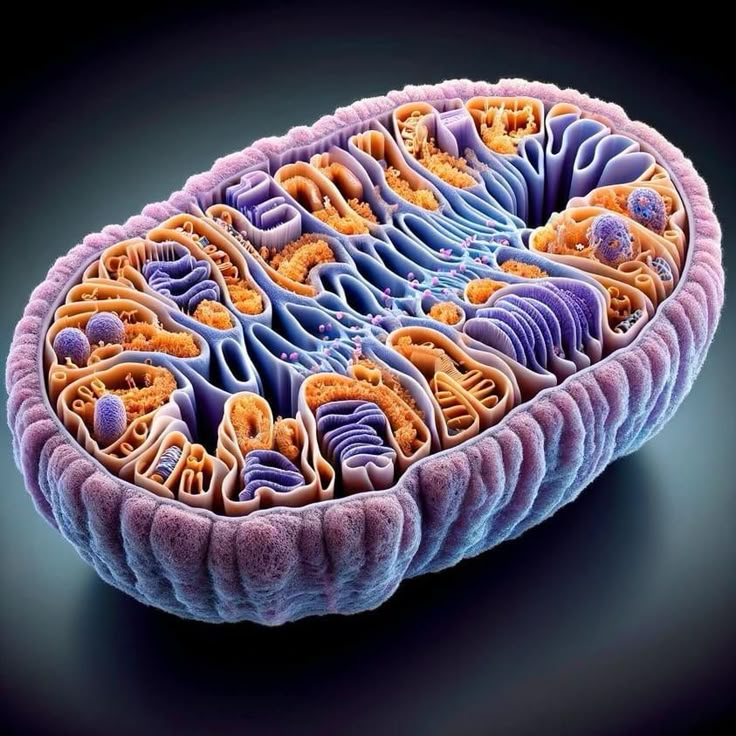
The Mitochondria–Cancer Connection
As it is now better understood that cancer is a metabolic disease that starts in the mitochondria. Think of the mitochondria as the cells batteries that through the food we eat, gets used as fuel to be converted into energy.
They are at the very centre of most of our cells, providing the correct energy to keep everything running smoothly, they also help with the important task of managing how cells grow and die, which as we know is one of the malfunctions of cancer cells, their ability to divide and replicate at a rapid and unstoppable rate avoiding programmed cell death (apoptosis).
Here is how we contribute to the damage of the mitochondria and therefore their ability to do their jobs correctly:
- Mitochondria generate ATP (adenosine triphosphate) a crucial chemical for many bodily functions, the energy currency of cells. A lack of essential nutrients, such as vitamins and minerals, can impair ATP production, leading to fatigue and decreased cellular function.
- Poor nutrition can increase oxidative stress, which damages mitochondrial membranes and DNA. Antioxidants, often found in fruits and vegetables, help mitigate this stress. A deficiency can lead to mitochondrial dysfunction.
- A diet high in processed foods and sugars can promote inflammation, which negatively affects mitochondrial function and can lead to metabolic diseases including cancer.
- The types of fats consumed influence mitochondrial membrane fluidity and function. A diet low in healthy fats (like omega-3s) and high in unhealthy fats can hinder mitochondrial efficiency.
- Poor nutrition can lead to insulin resistance, affecting how mitochondria utilise glucose for energy, which is crucial for optimal function.
- Certain nutrients are vital for mitochondrial health. Deficiencies in these can impair mitochondrial metabolism and energy production.
All of the above effects of a poor diet can lead to the formation of cancer, therefore upon a cancer diagnosis (ideally one would adopt these habits before the symptom, cancer being the symptom, arises) it is imperative we address this potential cause of disease.
Even if for whatever reason you are convinced it was not your damaged mitochondria that contributed to it, it is still the first place to start as to be operating at optimal levels to ensure your best chances at fighting cancer your mitochondria is thought of as the powerhouse of the cell so we need to eat to support and enhance its functionality.

